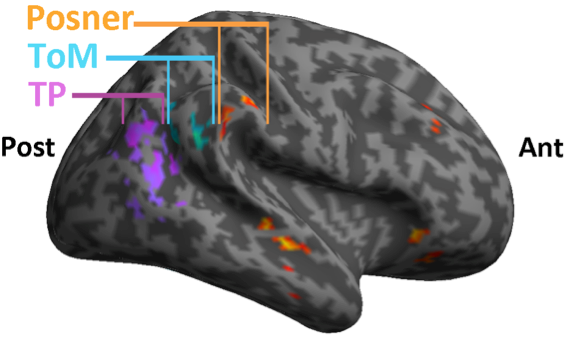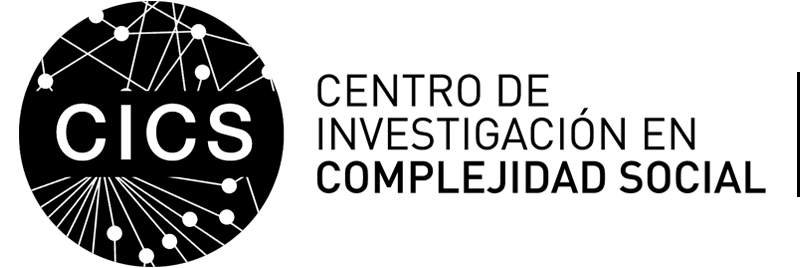CICS researcher is awarded FONDECYT Initiation 2014 grant
Miércoles, 3 Diciembre, 2014 | NEWS
Pablo Billeke, MD, PhD, is a researcher at the Research Center for Social Complexity -CICS- form the faculty of Government of Universidad del Desarrollo, and was awarded a FONDECYT Initiation grant to develop his project, titled: “Cerebral processes during social decision-making: disentangling the role of the temporal parietal junction”.
Pablo Billeke’s project received close to 80 million Chilean pesos by FONDECYT (Chile’s National Fund for the Development of Science and Technology), to develop his research proposal during the next three years. The project is supported by Clínica Alemana (a private hospital in Santiago, Chile), and will take on a neurobiological approach to studying human cooperative behavior. It will focus on the cerebral mechanisms involved in the process of solving social dilemmas.
The concept of social dilemma in decision-making processes is unique to the human mind and is associated with the activation of specific areas in the brain, such as the medial prefrontal cortex, medial parietal cortex, temporal pole cortex and the right temporo-parietal junction.
The objective of Billeke’s research is to identify the specific role of the temporo-parietal cortex in the decision-making process in a social context. In order to achieve this, two main experiments will be carried out. The first experiment consists in studying the anatomical and functional parts of the temporoparietal cortex of each volunteers’ brain. The second experiment consists in the application of non-invasive stimuli in these given areas of the brain, in order to identify the cause for activation of these areas and their role in social interactions.
The anatomical study of the volunteers’ brain will be done through the use of magnetic resonance imaging (MRI), while the functionality of specific areas will be determined through the use of functional magnetic resonance imaging (fMRI). The functional magnetic resonance imaging test will be applied to volunteers while they take on specific tasks within a social context that demands their focus and attention.
Another key experiment to this project will include having the volunteers participate in a game that puts forth a social dilemma, such as an Ultimatum Game (as employed in Game Theory), all while undergoing a transcranial magnetic stimulation (TMS). This experiment has the objective of relating a potential shift in behavior with the area that receives the stimuli.
This experimental design will allow Billeke to elucidate the role of the temporo-parietal cortex in the decision-making process in a social context, and thus apply this knowledge to the development of therapies that treat the social disabilities aspects of neuropsychiatric disorders such as autism and schizophrenia.


